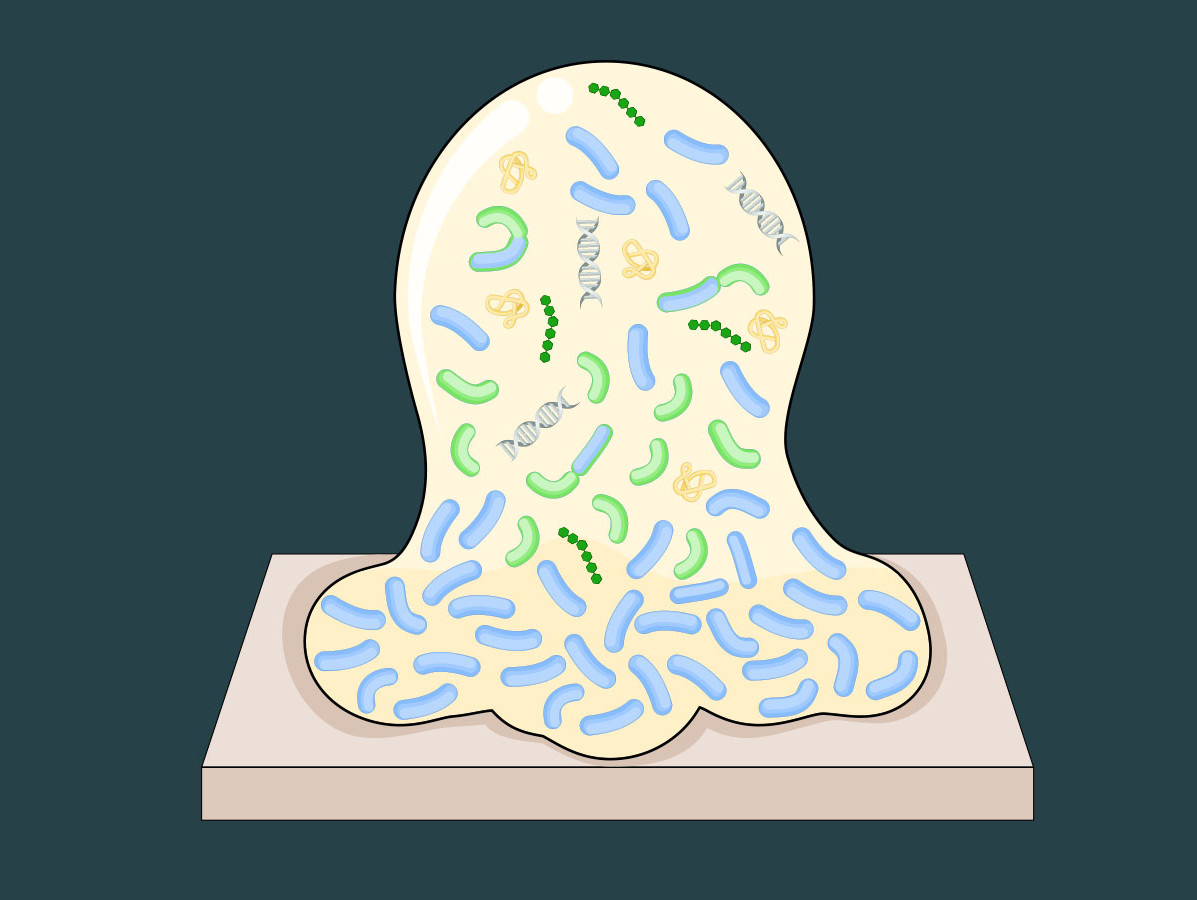
Biofilms, resilient slime layers on stainless steel surfaces, pose a persistent challenge in the food industry. A recent study, funded by the Marie Skłodowska-Curie fellowship, sheds new light on the intricate interactions among bacterial species forming these biofilms. Conducted by Faizan Ahmed Sadiq in collaboration with ILVO, KULeuven, and the University of Copenhagen, the research promises not only fresh insights into microbiology but also practical applications for the dairy industry.
Globally, approximately $324 billion is spent annually on controlling and eliminating biofilms in the food chain. In the dairy industry, biofilms on stainless steel surfaces expedite dairy product decay and lead to contaminations with pathogens such as Listeria monocytogenes. The study underscores the diversity of bacteria forming biofilms and the challenges associated with cleaning and disinfecting these surfaces.
A pivotal finding is the identification of 'key bacteria' that promote biofilm formation and bacterial growth. These bacteria maintain a delicate balance in the biofilm, influence the production of protective matrices, and thereby determine the biofilm's resilience against cleansing agents. Microbacterium lacticum, a key bacterium in the dairy sector, exemplifies the significance of this discovery.
The implications of these insights are monumental for the dairy industry. The research suggests screening surfaces for the presence of specific key bacteria as a preventive measure. Furthermore, it paves the way for developing new antibacterial substances and cleaning protocols that destabilize social dependency in bacterial communities or weaken key bacteria. This approach not only instills hope in the dairy industry but also sheds new light on biofilm formation in other sectors, such as poultry and pig farming.
The Marie Skłodowska-Curie fellowship has not only resulted in scientific breakthroughs but has also fostered a fruitful collaboration between ILVO, KULeuven, and the University of Copenhagen. This collective effort has unraveled the complexity of biofilm dynamics, presenting innovative solutions for the industry.
Source: ILVO Vlaanderen